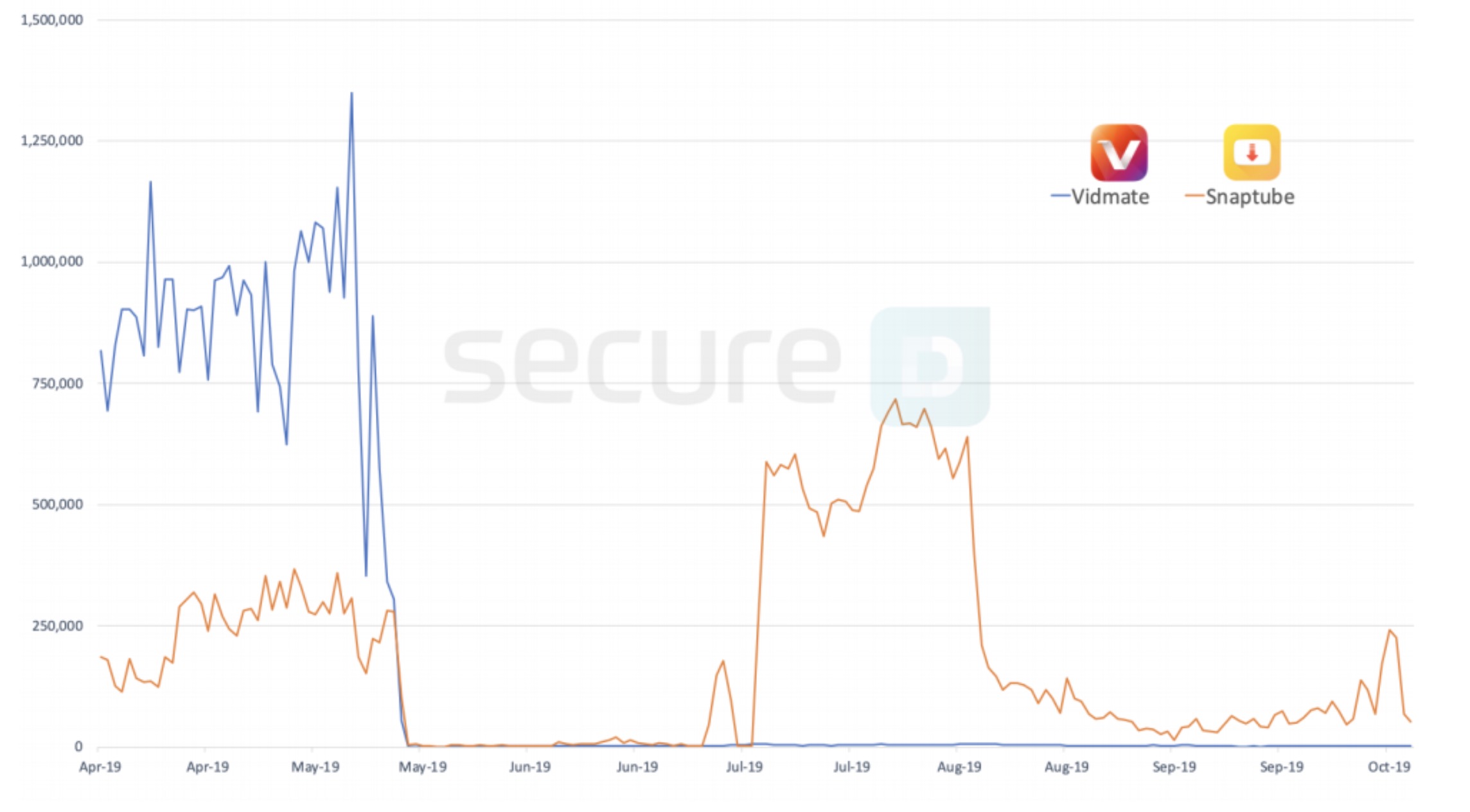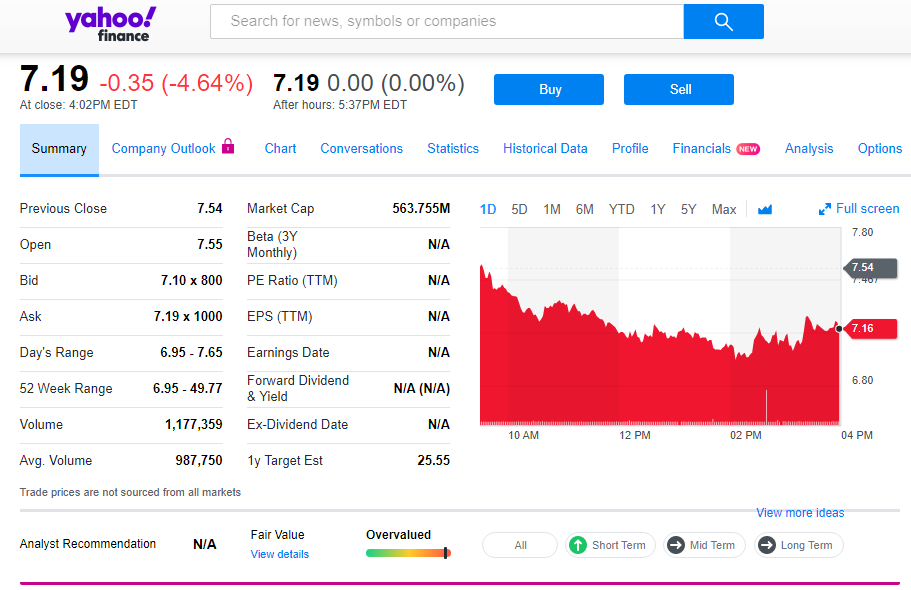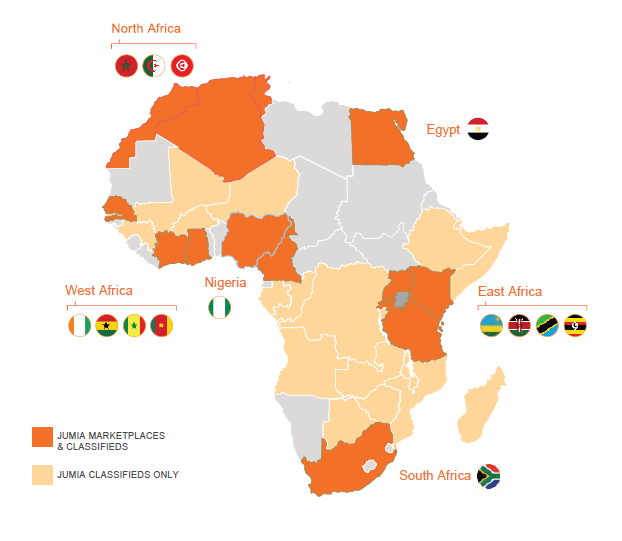Welcome back to TechCrunch’s China roundup, a digest of the latest events that happened at major Chinese tech companies and what they mean to tech founders and executives around the world.
Alibaba’s nemesis
Alibaba’s new rival is shaking up China’s internet landscape.
This week, four-year-old e-commerce upstart Pinduoduo displaced JD.com to be the fourth-most valuable internet company in the country. Its market capitalization of $47.6 billion on Friday put it just behind e-commerce leader Alibaba, social networking behemoth Tencent and food delivery titan Meituan in China. Baidu, the search equivalent of Google in China, has fallen off the top-three club, ending a decade of unshakable dominance of Baidu, Alibaba, and Tencent (the “BAT”) on the Chinese internet.
The story of Pinduoduo comes down to growing internet penetration and the rise of social commerce. Pinduoduo, which is known for selling ultra-cheap products, is particularly popular with price-sensitive residents in small towns and rural regions, a market relatively underserved by online retail pioneers Alibaba and JD.com . However, Pinduoduo has set about targeting more urban consumers by heavily subsidizing big-ticket items such as iPhones.
Its seamless integration with WeChat, the ubiquitous messaging app owned by Pinduoduo investor Tencent, contributes to adaptability among a less tech-savvy population. WeChat users can access Pinduoduo via the messenger’s built-in lite app, skipping app downloads; they also get deals from group-buying, thus the name Pinduoduo, which means “shop more together” in Chinese.
Earlier this month, Pinduoduo founder and chief executive Colin Huang, a 39-year-old former Google engineer of few words, gave a 45-minute speech at the company’s anniversary, according to a summary published by local tech media Late News. He announced that Pinduoduo has surpassed JD.com in gross merchandise volume, or the total dollar value of goods sold. It’s unclear whether the companies use the same set of metrics for GMV, for instance, whether the figure includes refunded items.
While its rivalry with JD.com is nuanced as both companies are backed by Tencent, Pinduoduo’s competition against Alibaba is more blatant. In his missive to staff, Huang acknowledged that Pinduoduo is “standing on a giant’s shoulders,” hinting at Alibaba’s sheer size. When it comes to fighting the impending battle during the upcoming Single’s Day shopping festival (11/11), the founder sounded poised. “Pinduoduo should not feel pressured. The one who should is our peer.”
Also worth your attention
- 82% of Chinese adults used digital payments in 2018, up about 5%; among those living in rural China, 72% made transactions via online banking, telephone banking, the point-of-sale system, ATM or other digital channels, said a new report released by the People’s Bank of China. Beijing’s push for rural areas to go cash-free is in part what gives rise to such flourishing e-commerce businesses as Pinduoduo.
- Few things move the bitcoin market like President Xi Jinping’s endorsement of blockchain. Speaking at a politburo meeting on Thursday, Xi called for China to “take blockchain as an important breakthrough to achieve independence of core technologies” (in Chinese). Bitcoin price soared more than 10% in response. But as industry experts cautioned, when China, where crypto exchanges are banned, speaks of “blockchain” it usually means the encrypted technology that not only undergirds cryptocurrencies but can revolutionize a whole range of sectors like finance, manufacturing and agriculture. Expect all corners of Chinese society to capitalize on the blockchain concept with even greater force.
- One of China’s most prominent venture investors just closed $352 million for the first fund of his new financial vehicle. JP Gan, a former managing partner at Qiming Venture Partners, recently started Ince Capital Partners with internet veteran and venture investor Steven Hu. Having backed noted companies including Xiaomi, Meituan, Ctrip, Musical.ly, to name just a few, Gan will continue to fund early to growth-stage startups in China’s internet, consumer and artificial intelligence sectors.
- Smartphone maker Xiaomi hired leading voice recognition expert Daniel Povey. The researcher who was part of the team to develop the widely used open-source speech recognition toolkit Kaldi announced his next move on Twitter. Before this, Povey declined an offer from Facebook after he was fired by John Hopkins University for attempting to break up a student sit-in. He told The Baltimore Sun earlier that he intended to join a Chinese company because “they don’t have American-style social justice warriors” and he would feel “more relaxed among the Chinese.” Many Chinese tech companies have research and development operations in the U.S. including Xiaomi, which set up a U.S. R&D center in 2017 (in Chinese) to deepen collaboration with chipmaking giant Qualcomm.
- NetEase’s e-learning unit Youdao began trading at $13.50 per ADS in the U.S. on Friday amid increased regulatory scrutiny on Chinese IPOs. Youdao, which operates a suite of popular online educational products from dictionaries to MOOC-style courses, had over 100 million monthly active users by the first half of 2019, shows its prospectus. It’s one of the many attempts by NetEase founder Ding Lei, once China’s richest man back in 2003, to add momentum to his 22-year-old company. These days NetEase makes the bulk of its revenue from video games and ranks only behind Tencent in China’s booming gaming sector. In September, it sold its once-hopeful cross-border e-commerce business Kaola to Alibaba for $2 billion.



 (@DoveyWan)
(@DoveyWan) 



 Sites that track
Sites that track 